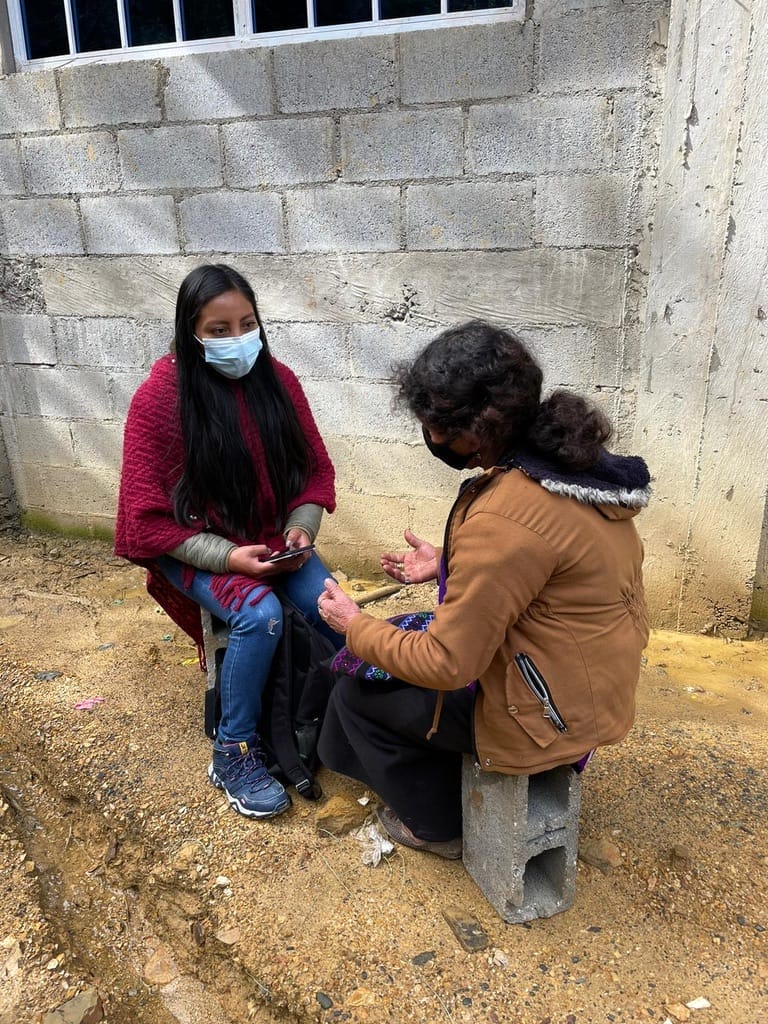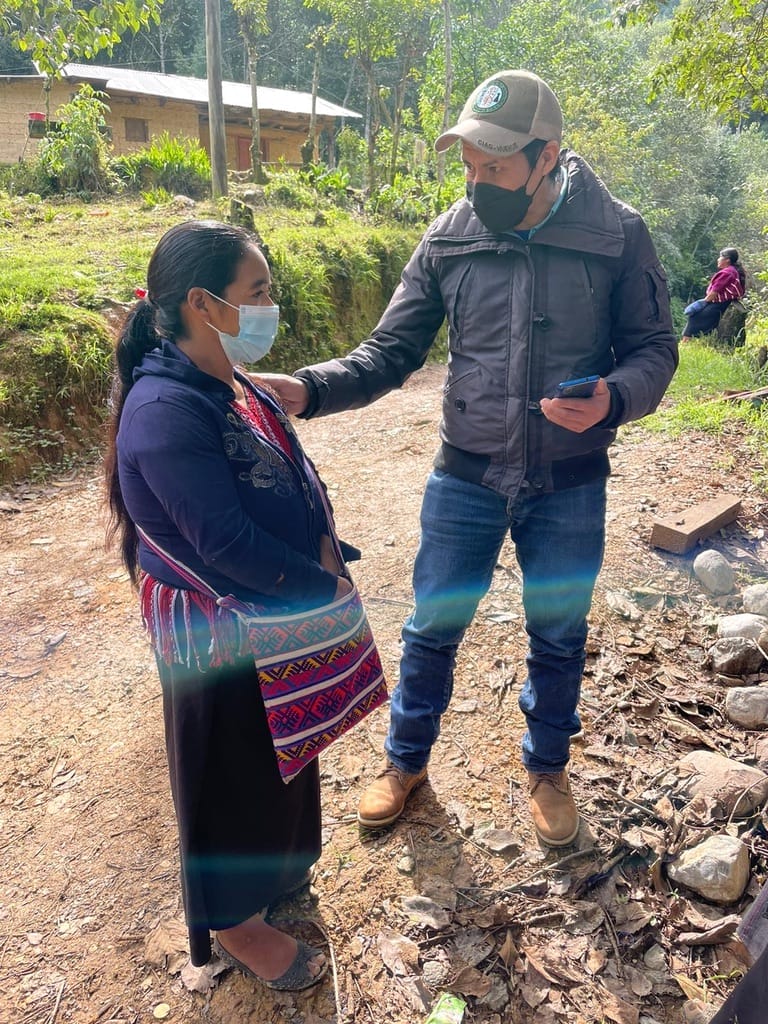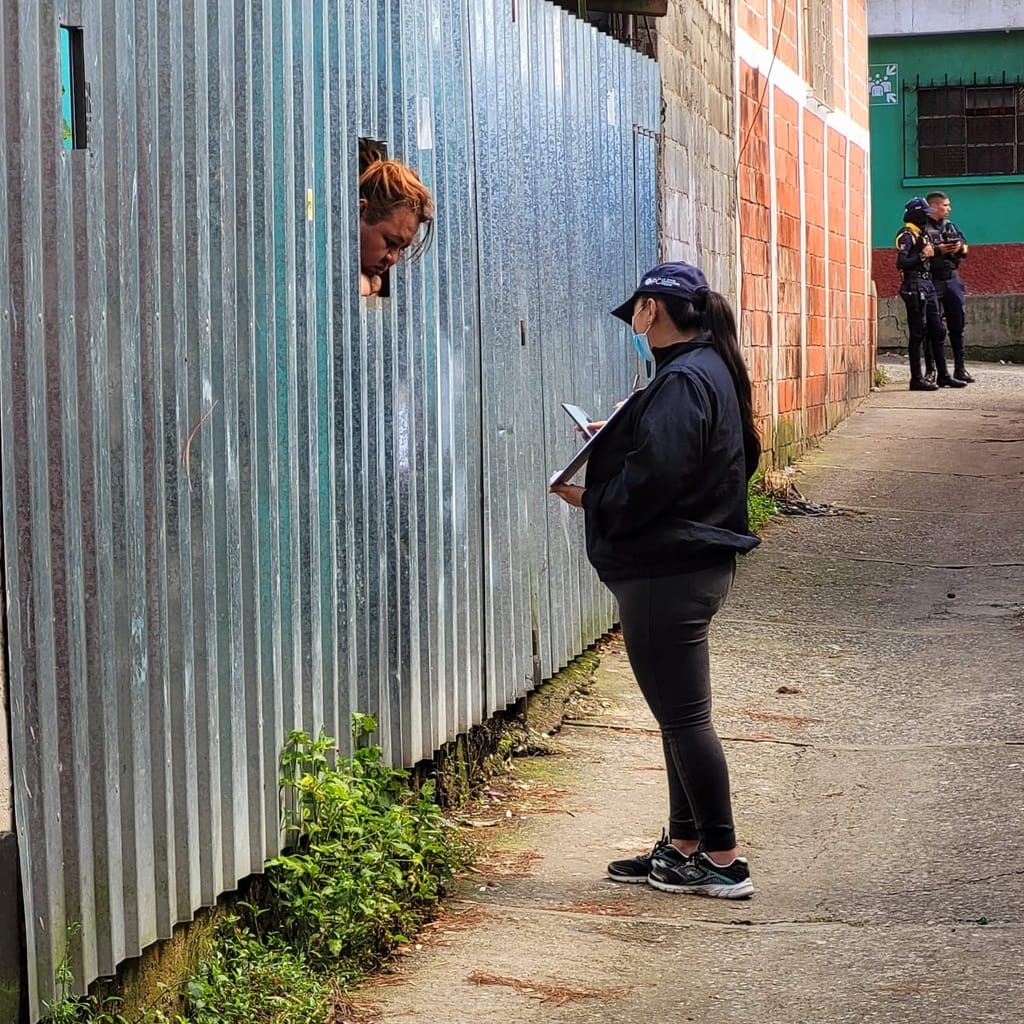News > Blog
Unlocking Economic Empowerment: Insights from Gender Analyses in Guatemala and Kenya
Published 03/15/2024 by Global Communities

By Chloe Pan
Globally, nearly 2.4 billion women do not have the same economic rights as men, and on average, only have three-fourths of the legal rights. Harmful gender norms and discrimination present immense challenges to women’s access to economic opportunities. To discover more specific barriers to women’s economic access, gender analyses are conducted. Through these studies, intersecting layers of marginalization, differences in socioeconomic status, gender identity and expression are discovered.

Gender analyses are critical in determining and analyzing the root causes of gender inequalities in local contexts, identifying the needs and priorities of women and men, and designing evidence-based actions to address power imbalances and improve gender equality.
In Kenya and Guatemala, Global Communities is implementing the Cooperative Leadership, Engagement, Advocacy and Research Plus (CLEAR+) project with funding from the United States Agency for International Development (USAID)’s Cooperative Development Program. This project builds on successes, lessons learned, and partnerships developed under previous Cooperative Development Program activities in Kenya. CLEAR + is working to support the scale-up of worker cooperatives in Kenya and Guatemala and prioritizes the meaningful participation and leadership of youth, women and indigenous persons. Gender analyses add value to programs centered on women’s economic development through supporting sensitive actions and workplans that get to the heart of barriers women face.
Before activities began through CLEAR+, the project conducted a gender analysis to better understand the gender norms, attitudes and behaviors that may present a barrier to women’s cooperative leadership. Using the analysis findings, Global Communities designed a gender action plan. Below, we outline two interesting key findings from the study.
Key Finding #1: Women’s ability to pursue entrepreneurial activities is often limited by gender norms and cultural expectations around women’s roles.
Women in both Guatemala and Kenya shoulder the burden of domestic responsibilities and are not always supported by their male partners and community members in pursuing livelihoods opportunities outside of the home. In Guatemala, outward migration is also increasing women’s care burden, as people continue leaving the country in search of more profitable economic opportunities. Guatemalans who can migrate tend to be men, which leaves women behind to manage the dual responsibilities of childcare and income generation. Similarly in Kenya, women have higher care burden and lesser autonomy over household spending due to cultural norms and expectations of women in the home.
To address these barriers, women are consulted on all CLEAR+ activities that require them to invest significant time away from their regular responsibilities and add to their care burden. Engaging women in activity planning to share and implement their preferences around childcare solutions can ease this burden for women who would otherwise be unable to attend.
Key Finding #2: Women’s cooperatives and their roles within those models tend to be concentrated in activities that are traditionally delegated to women.
Data has shown that women in cooperatives, on average, have higher earnings than non-members and stronger economic and social safety nets during challenging times. Despite these potential benefits, women around the globe are less likely to be members of cooperatives and even more less likely to hold leadership roles in cooperatives. Further, women in women-only and mixed sex cooperatives tend not to pursue economic opportunities or activities in cooperatives that are historically male-dominated. This divide is widened in mixed gender cooperatives, with women reporting a higher sense of inadequacy.
Recognizing this trend, CLEAR+ will train gender champions, nominated by their cooperative, to support accountability in cooperative leadership and ensure that all members have equal access, opportunity and respect in the roles that they serve. Utilizing the Good Governance and Gender Equity curriculum, gender champions will be trained in the basics of gender equality and social inclusion in cooperatives, communication and facilitation skills, and conflict resolution techniques.

Building on the gender analysis and lessons learned in previous Cooperative Development activities, we expect CLEAR+ to be more adaptive to gendered needs and more successful in engaging women. These improvements in both project activities and the growth and development of cooperatives will help strengthen women’s economic opportunities and open doors in new sectors.
The findings of gender analyses, like this one, are crucial to the success of the projects we implement, ensuring that everyone in a community can participate in and benefit from our activities. Global Communities is excited to continue advancing the inclusion of women, through the CLEAR+ project.






